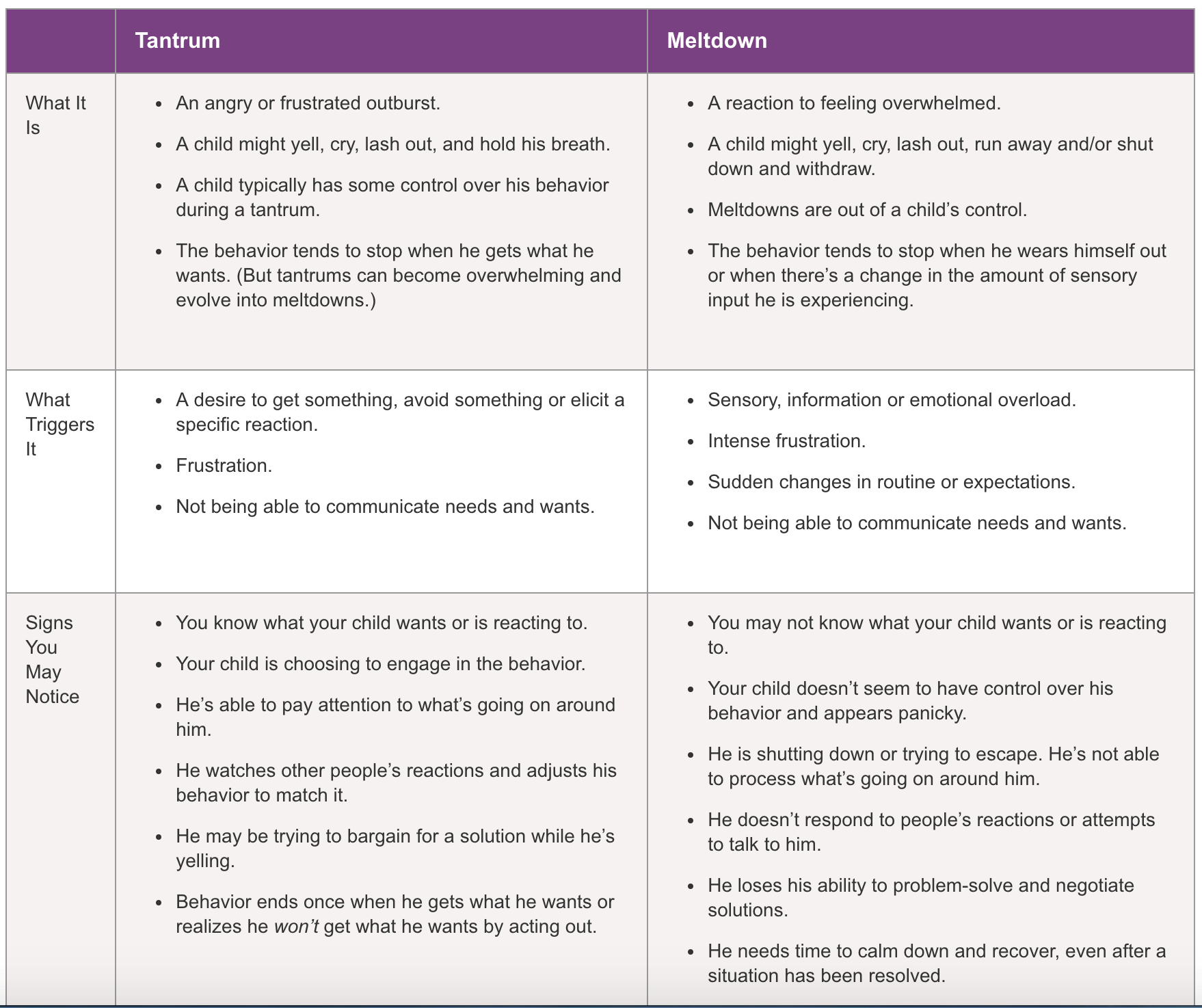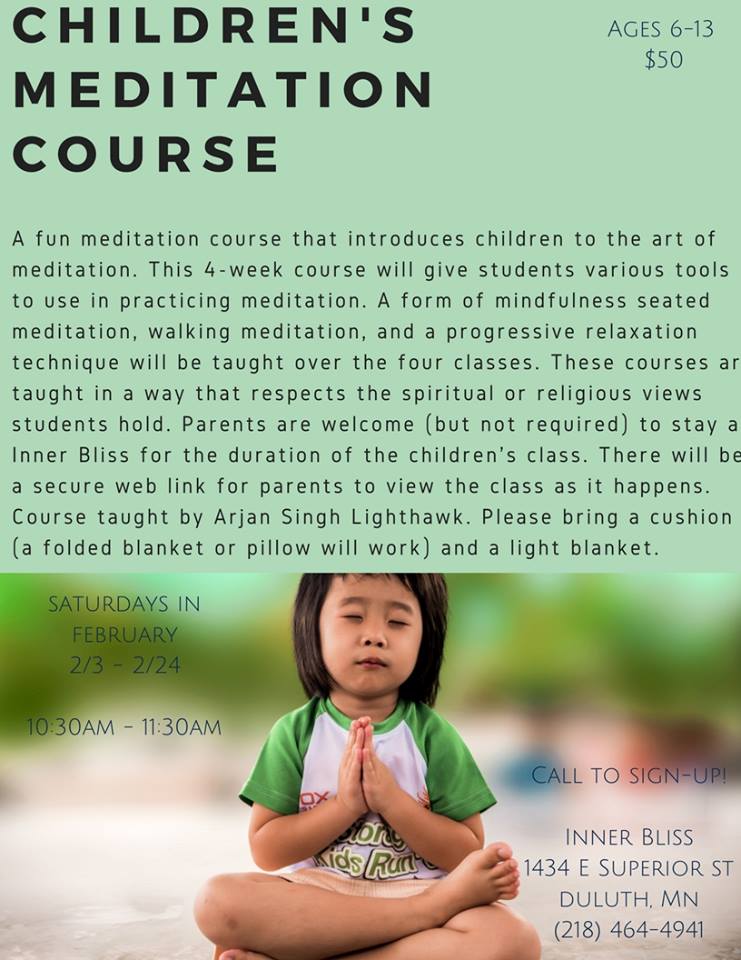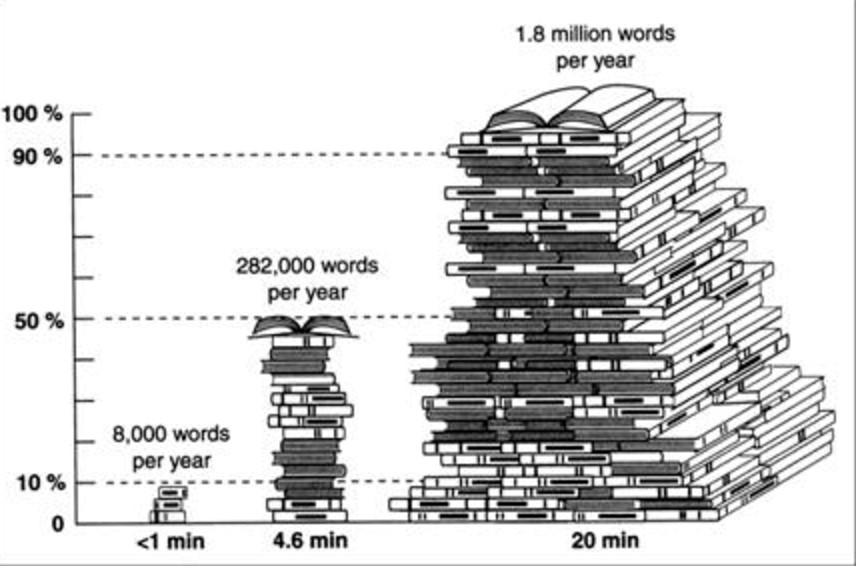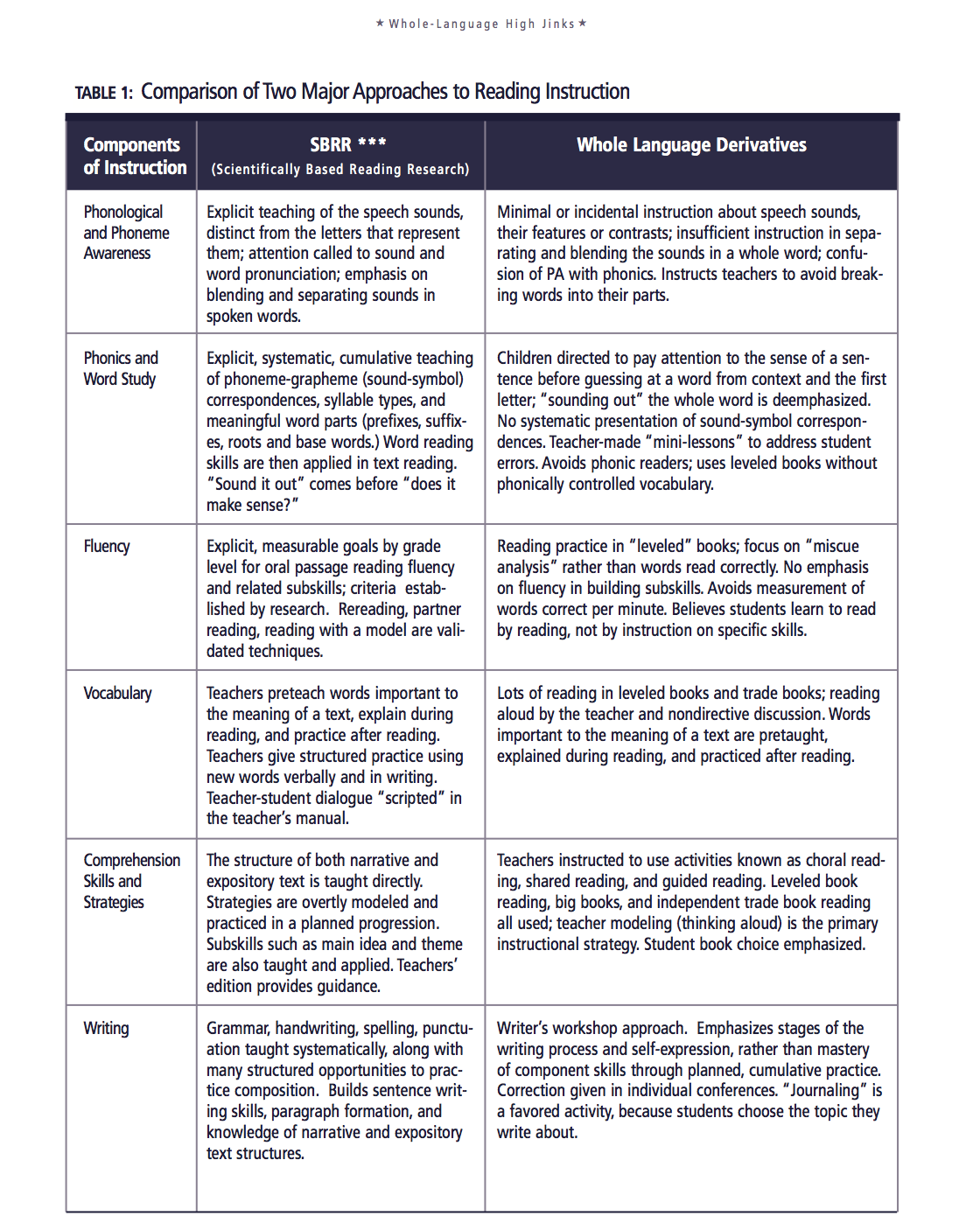From Emily Gibbons at The Literacy Nest.
Seven Summer Reading Tips for Struggling Readers
When I think of summer vacation, I have visions of popsicles, playing in the sprinkler, lemonade stands, long summer evenings and lazy days reading in a hammock. As an educator, I know that for struggling readers, reading is often the last thing on their mind when they think of relaxation. But, I also worry about summer learning loss or “the summer slide”. On average, students lose one month of school learning during the summer vacation. For students with dyslexia, the loss is likely even greater and will be more time consuming for them to regain than their peers. However, children with dyslexia have worked very hard all school year long and should definitely make time for fun and play. Striking a balance is key.
Here are a few tips for keeping reading a part of a balanced summer:
1: Don’t stop tutoring
It is tempting to “take the summer off” from tutoring, but in many cases, summer is a good opportunity to increase the amount of one-on-one tutoring your child is getting in order help them take a leap forward. Work with your tutor to schedule a time that allows your child to do activities important to them. Perhaps first thing in the morning is easiest, so they don’t feel interrupted. Or maybe early evening after day camp is a better time. If they need a break, consider taking a week at the end of the school year and a week before the new school year starts to recharge, but continue tutoring during the rest of the summer.
2. Make friends with your Librarian
Your local library is one of the best summer resources around. Most have a summer reading incentive program and special summer programming with crafts and special guests. Work with your children’s librarian on helping your child reach their reading goal. Reading to them, listening to audiobooks (ear reading) and reading on their own should all be able to count toward the goal. Set aside a day each week to visit and check out books.
3. Make a routine
Make daily reading a part of your family’s routine. Reading to your child, having them read to you or having “Family Reading Time” (everyone puts down their phones and picks up a book at a certain time each day) all help to ensure that reading doesn’t fall by the wayside on busy summer days.
4. Anything counts
Don’t hesitate if your child wants to read easy books, comic books, or listen to audiobooks. All of these are going to help their development as a reader in different ways, and they all have value. Podcasts are another great way to expand vocabulary and broaden your child’s knowledge about different topics.
5. Go Thematic
One way to make reading a bit more exciting for summer is to tie in books to summer vacation plans. Are you going on a boating adventure? Read books about boating and pirates. Are you going hiking or camping? Wilderness and adventure stories might be just your cup of tea. Keeping busy in the garden? Dive into some nonfiction books about insects and plants. Traveling to Prince Edward Island? Anne of Green Gables would make a perfect accompaniment to your travels. If you are extra creative, you can even tie in games and activities for lots of thematic summer fun.
6: Write with a purpose
It isn’t just reading that benefits from practice over the summer. Writing and spelling need an opportunity to stay fresh as well. Making a grocery list, sending postcards or letters to friends and family, and keeping a journal of summer adventures are all good ways of writing with a genuine reason.
7: Use technology.
Apps like Nessy for phonics games, or Epic for audiobooks are fun literacy reinforcements that kids of many ages can enjoy. Epic offers a special deal for signing up in the summer, so be sure to check that out!
I hope you will make a place for books and reading this summer and keep your child’s learning fresh, so they can hit the ground running when a new school year begins. Along the way, I hope you have a lot of fun sharing books and making memories. Don’t forget to have a popsicle and play in the sprinkler! After all, that’s what summer’s all about for kids (of all ages)!




